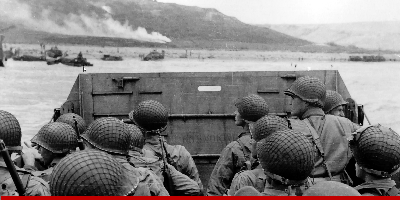27 mai 1938 - Nuetrality Act (1939)
Description:
Early in 1939, after Nazi Germany had invaded Czechoslovakia, Roosevelt lobbied Congress to have the cash-and-carry provision renewed. He was rebuffed, the provision lapsed, and the mandatory arms embargo remained in place.In September 1939, after Germany had invaded Poland, Great Britain and France declared war on Germany. Roosevelt invoked the provisions of the Neutrality Act but came before Congress and lamented that the Neutrality Acts may give passive aid to an aggressor country. Congress was divided. Nye wanted to broaden the embargo, and other isolationists like Vandenberg and Hiram Johnson vowed to fight "from hell to breakfast" Roosevelt's desire to loosen the embargo. An "outstanding Republican leader" who supported helping nations under attack, however, told H. V. Kaltenborn that the embargo was futile because a neutral country like Italy could buy from the US and sell its own weapons to Germany, while US companies would relocate factories to Canada.
Roosevelt prevailed over the isolationists, and on November 4, he signed the Neutrality Act of 1939 into law, allowing for arms trade with belligerent nations (Great Britain and France) on a cash-and-carry basis, thus in effect ending the arms embargo. Furthermore, the Neutrality Acts of 1935 and 1937 were repealed, American citizens and ships were barred from entering war zones designated by the President, and the National Munitions Control Board (which had been created by the 1935 Neutrality Act) was charged with issuing licenses for all arms imports and exports. Arms trade without a license became a federal crime.
Ajouté au bande de temps:
Date:
27 mai 1938
Maintenaint
~ Il y a 87 ans
